Are Hurricanes Becoming More Destructive Due to Global Warming : A Well Thought Out Scream by James Riordan
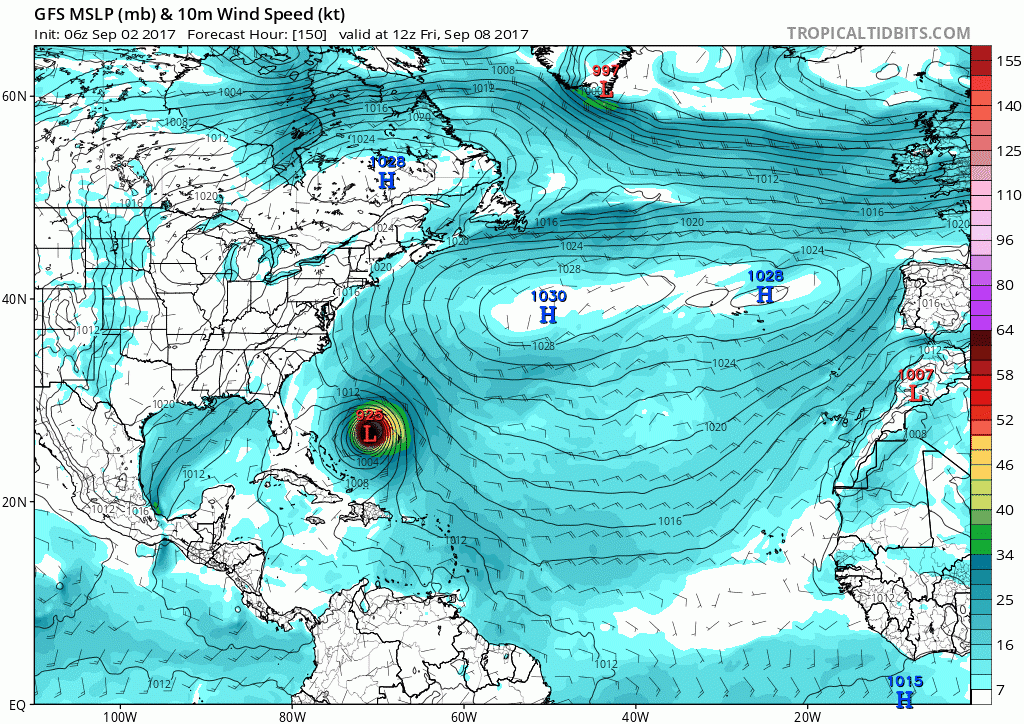
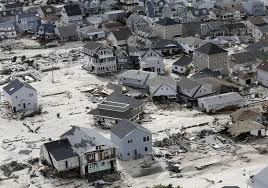 Those of us who have been around awhile have noticed that hurricanes seem to be getting worse and worse. They were always a horrific threat to people who leave on the southeastern coast, but the apocalyptic destruction of storms like Katrina, Ivan and Harvey were pretty much unheard of in modern times. Is global warming a factor in this? Yes, say many scientists. Recorded instances of Atlantic hurricane activity definitely indicate some correlation between the regional tropical Atlantic sea surface temperatures (SSTs) and the Power Dissipation Index (PDI). PDI is a cumulative measure of hurricane activity, combining frequency, intensity, and duration of hurricanes in a single index. Both Atlantic SSTs and PDI have risen sharply since the 1970s, and there is some evidence that PDI levels in recent years are higher than in the previous active Atlantic hurricane era in the 1950s and 60s.
Those of us who have been around awhile have noticed that hurricanes seem to be getting worse and worse. They were always a horrific threat to people who leave on the southeastern coast, but the apocalyptic destruction of storms like Katrina, Ivan and Harvey were pretty much unheard of in modern times. Is global warming a factor in this? Yes, say many scientists. Recorded instances of Atlantic hurricane activity definitely indicate some correlation between the regional tropical Atlantic sea surface temperatures (SSTs) and the Power Dissipation Index (PDI). PDI is a cumulative measure of hurricane activity, combining frequency, intensity, and duration of hurricanes in a single index. Both Atlantic SSTs and PDI have risen sharply since the 1970s, and there is some evidence that PDI levels in recent years are higher than in the previous active Atlantic hurricane era in the 1950s and 60s.
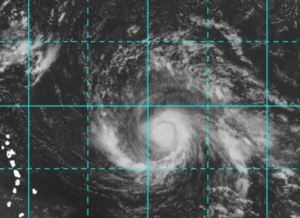 Climate change studies have linked increasing tropical Atlantic SSTs to increasing greenhouse gases, but the link between increasing greenhouse gases and hurricane PDI or frequency has been based on statistical correlations. The statistical linkage of Atlantic hurricane PDI to and Atlantic SST suggests at least the possibility of a large manmade influence on Atlantic hurricanes. If this correlation is used to predict future changes in Atlantic hurricane activity, the implications are startling. The increase in tropical Atlantic sea surface temperatures projected for the late 21st century would imply very substantial increases in hurricane destructive potential– as much as a 300% by 2100.
Climate change studies have linked increasing tropical Atlantic SSTs to increasing greenhouse gases, but the link between increasing greenhouse gases and hurricane PDI or frequency has been based on statistical correlations. The statistical linkage of Atlantic hurricane PDI to and Atlantic SST suggests at least the possibility of a large manmade influence on Atlantic hurricanes. If this correlation is used to predict future changes in Atlantic hurricane activity, the implications are startling. The increase in tropical Atlantic sea surface temperatures projected for the late 21st century would imply very substantial increases in hurricane destructive potential– as much as a 300% by 2100.
If we look at hurricane statistics from1878 to present day there is a definite upward trend. Of course, the amount ship traffic over the Atlantic was relatively sparse during the early decades of this record, which means that storms from the modern era (post 1965) had hypothetically occurred during those earlier decades, we may not have a record of it.
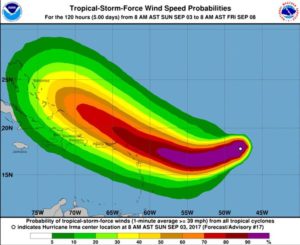 If we instead consider Atlantic basin hurricanes, rather than all Atlantic tropical storms, the result is similar: the reported numbers of hurricanes were sufficiently high during the 1860s-1880s that again there is no significant positive trend in numbers beginning from that era even without any adjustment for “missing hurricanes”.
If we instead consider Atlantic basin hurricanes, rather than all Atlantic tropical storms, the result is similar: the reported numbers of hurricanes were sufficiently high during the 1860s-1880s that again there is no significant positive trend in numbers beginning from that era even without any adjustment for “missing hurricanes”.
The evidence for an upward trend is even weaker if we look at U.S. landfalling hurricanes, which even show a slight negative trend beginning from 1900 or from the late 1800s. Hurricane landfalling frequency is much less common than basin-wide occurrence, meaning that the U.S. landfalling hurricane record, while more reliable than the basin-wide record, suffers from degraded signal-to-noise characteristics for assessing trends.
Direct model simulations of hurricane activity under climate change scenarios offer another perspective on the problem. They indicate a definite increase in hurricane counts between 1980 and 2012. Even worse, current climate models suggest that tropical Atlantic SSTs will warm dramatically during the 21st century, and that upper tropospheric temperatures will warm even more than SSTs. Furthermore, most of the models project increasing levels of vertical 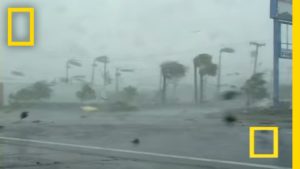 wind shear over parts of the western tropical Atlantic. Both the increased warming of the upper troposphere relative to the surface and the increased vertical wind shear are detrimental factors for hurricane development and intensification, while warmer SSTs favor development and intensitification.
wind shear over parts of the western tropical Atlantic. Both the increased warming of the upper troposphere relative to the surface and the increased vertical wind shear are detrimental factors for hurricane development and intensification, while warmer SSTs favor development and intensitification.
A review of existing studies, including the ones cited above, lead us to conclude that it is likely that greenhouse warming will cause hurricanes in the coming century to be more intense globally and have higher rainfall rates than present-day hurricanes.
Finally, one can ask whether the change in Category 4-5 hurricanes projected by our model is already detectable in the Atlantic hurricane records. Owing to the large interannual to decadal variability of SST and hurricane activity in the basin, Bender et al (2010) estimate that detection of this projected anthropogenic influence on hurricanes should not be expected for a number of decades.
It is likely that climate warming will cause hurricanes in the coming century to be more intense globally and to have higher rainfall rates than present-day hurricanes. There are better than even odds that the numbers of very intense (category 4 and 5) hurricanes will increase by a substantial fraction in some basins, while it is likely that the annual number of tropical storms globally will either decrease or remain essentially unchanged.
So maybe we don’t get more monster storms because of global warming, but the ones we do get are worse.


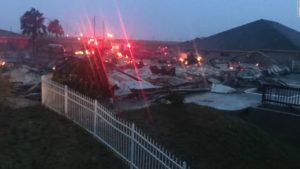
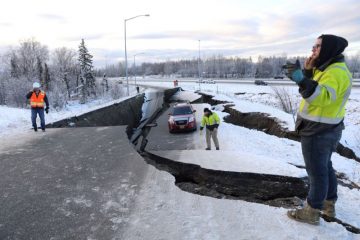
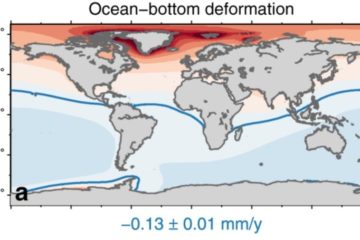
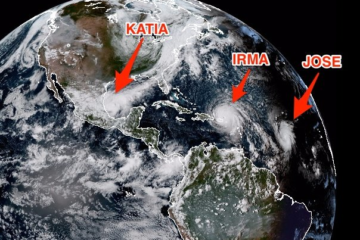


No Comment